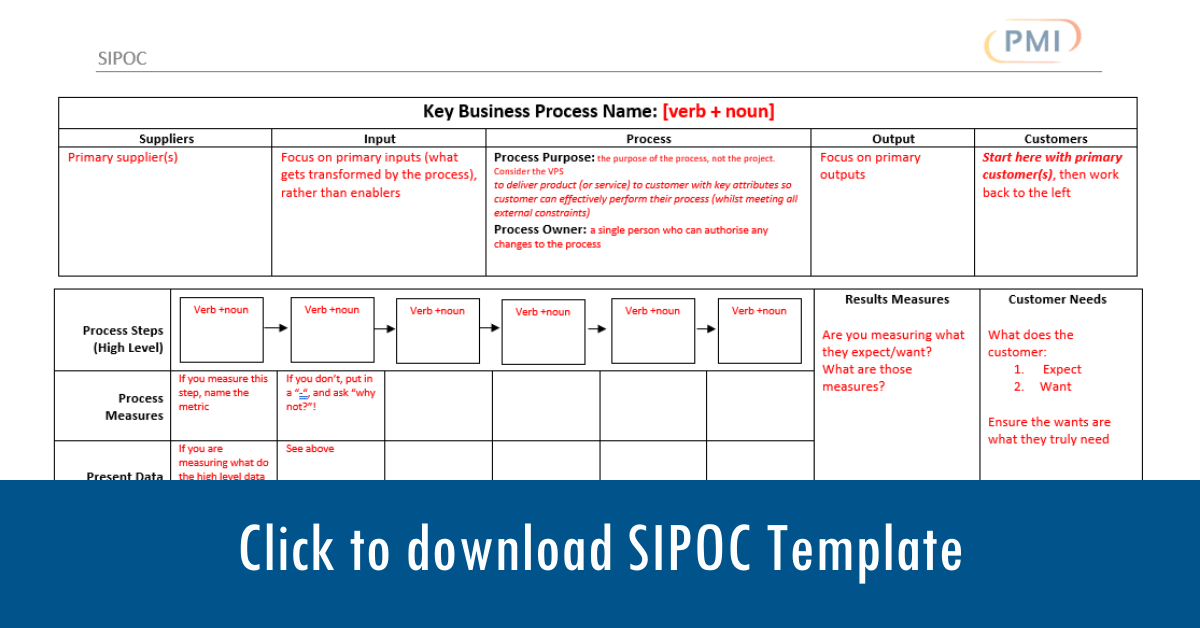
Waste Management Washington is a provider of trash and garbage collection and recycling services. Both residential and business customers can use their services. They also provide information regarding the benefits of recycling as well as waste reduction. They offer information on solid waste management, including costs and awareness for the public. Continue reading for more information.
Recycling
Washington's waste management program is becoming more important. The state's solid waste management program used to ship three quarters of all recyclable materials directly to China. Most recyclables can now be recycled within the state, or in the North American region. The program in the Pacific Northwest works with communities and businesses to reduce waste and recycle it as much as possible.
Businesses that produce recyclable materials are required to pay a fee. This fee is calculated based on their waste generation. These fees go to the organization Recycle BC, which coordinates recycling efforts throughout the state.

Public awareness
A recent study has revealed that waste management in Washington is improving. The Department of Ecology in Washington revealed that more than three pounds of garbage was recycled per person each day in 2013. According to the state's Department for Ecology, more than three pounds of garbage were recycled per person per day in 2013. This is an increase of one percent per year. However, there are still hurdles to recycling. These include language barriers as well as infrastructure issues. To overcome these obstacles, communities can implement strategies such as incentives, partnerships and certifications.
A key component of any waste management program is public awareness. Since waste is a product of human activity, everyone needs to understand how to manage it properly. It requires legislation that is strong and technical support as well as appropriate funding. The public should be educated about the issues and take part.
Prices
Washington, D.C.’s public transfers stations have been losing cash for many years. The District's taxpayers have been paying upward of $50 per ton for waste removal. Although the District raised the cost by $10, it still increased its waste removal costs. The city is reportedly spending more than $50 million a year on garbage collection and processing.
Public transfer stations that are not financially viable need repairs and improvements. Fort Totten station upgrades will be the District's top priority next year. Trash from the suburbs only compounds the problem.

Companies involved in solid waste management
Washington State has many companies that deal with solid waste. Sanitary Service, which collects garbage and recycles it, is the largest. LeMay is another company offering solid waste collection services, recycling, and transport services. LeMay also offers services like site development and earthwork. GK Industrial Refuse Systems, Silver Springs Organics and Silver Springs Organics are other companies that deal with solid waste management. Both companies have a shared commitment to reducing waste and protecting the environment.
Involvement of the Government
Washington is committed in its efforts to reduce waste and recycle as much as possible. To help achieve this goal, the state has developed a solid waste management plan. It outlines strategies to reduce waste and toxic substances and prevent pollution. This program allows for the permitting of major industrial facilities. Washington can minimize pollution and keep toxins out of the natural environment. The plan also contains policies that can be used to aid the public in making informed decisions about waste disposal.
Washington State Department of Ecology has established a goal of decreasing food waste by half the current rate by 2030. This goal is similar to the international and U.S. targets. The department of ecology worked with other agencies in the implementation of a plan called Use Food Well Washington. It was launched in 2021. The plan contains many policy recommendations and incorporates input from stakeholders.
FAQ
What are some common management mistakes?
Sometimes managers make it harder for their employees than is necessary.
They might not give enough support and delegate the right responsibilities to their staff.
In addition, many managers lack the communication skills required to motivate and lead their teams.
Some managers set unrealistic expectations for their staff.
Some managers may try to solve every problem themselves instead of delegating responsibility to others.
It can sometimes seem difficult to make business decisions.
Complex business systems have many moving parts. They require people to manage multiple priorities and deal with uncertainty and complexity.
The key to making good decisions is to understand how these factors affect the system as a whole.
This requires you to think about the purpose and function of each component. It's important to also consider how they interact with each other.
You need to ask yourself if your previous actions have led you to make unfounded assumptions. If so, it might be worth reexamining them.
If you're still stuck after all this, try asking someone else for help. They might see things differently than you and may have some insights that could help find a solution.
How does a manager motivate their employees?
Motivation is the desire for success.
Doing something that is enjoyable can help you get motivated.
You can also be motivated by the idea of making a difference to the success and growth of your organization.
For example: If you want to be a doctor, you might find it more motivating seeing patients than reading medical books all day.
The inner motivation is another type.
One example is a strong sense that you are responsible for helping others.
You may even find it enjoyable to work hard.
If you feel unmotivated, ask yourself why.
Then, consider ways you could improve your motivation.
What are the steps involved in making a decision in management?
The decision-making process for managers is complex and multifaceted. It involves many elements, including analysis, strategy. planning. implementation. measurement. evaluation. feedback.
It is important to remember that people are human beings, just like you. They make mistakes. You are always capable of improving yourself, and there's always room for improvement.
This video explains the process of decision-making in Management. We discuss the different types of decisions and why they are important, every manager should know how to navigate them. These topics are covered in this course:
Statistics
- Hire the top business lawyers and save up to 60% on legal fees (upcounsel.com)
- This field is expected to grow about 7% by 2028, a bit faster than the national average for job growth. (wgu.edu)
- The BLS says that financial services jobs like banking are expected to grow 4% by 2030, about as fast as the national average. (wgu.edu)
- As of 2020, personal bankers or tellers make an average of $32,620 per year, according to the BLS. (wgu.edu)
- 100% of the courses are offered online, and no campus visits are required — a big time-saver for you. (online.uc.edu)
External Links
How To
How do you use the 5S in your office?
The first step to making your workplace more efficient is to organize everything properly. A clean desk, a tidy room, and a well-organized workspace help everyone stay productive. The five "S"'s (Sort. Shine. Clean. Separate. And Store) help to maximize space and ensure efficiency. These steps will be covered one-by-one and how they can work in any kind of setting.
-
Sort. Get rid of clutter and papers so you don't have to waste time looking for the right item. This means you place items where you will use them the most. Keep it near the spot where you most often refer to it. You should also consider whether you really need to keep something around -- if it doesn't serve a useful function, get rid of it!
-
Shine.Keep your belongings neat and orderly so that you spend less time cleaning up after yourself. Don't leave anything that could damage or cause harm to others. You might have many pens and need to put them away. It might mean investing in a pen holder, which is a great investment because you won't lose pens anymore.
-
Sweep. Regularly clean surfaces to keep dirt from building up on furniture and other household items. A dusting machine is a great investment to keep your surfaces clean. To keep your workstation tidy, you can set aside an area for dusting and sweeping.
-
Separate. When you are ready to dispose off your trash, it is a good idea to separate it into bins. Trash cans are placed in strategic locations throughout the office so you can quickly dispose of garbage without having to search for it. It's a great idea to place trash bags beside each bin, so you don’t have to go through tons of garbage to find what it is.